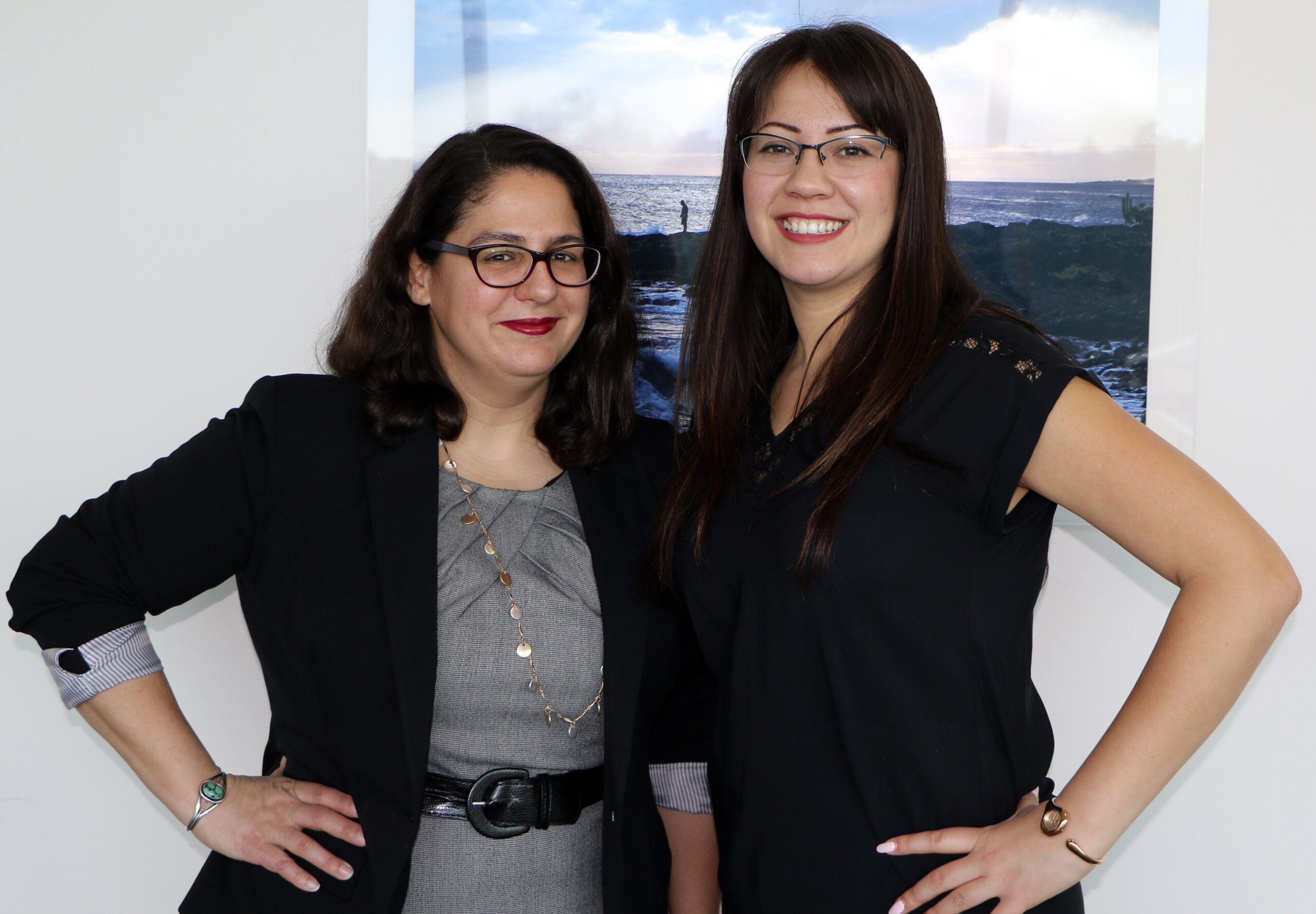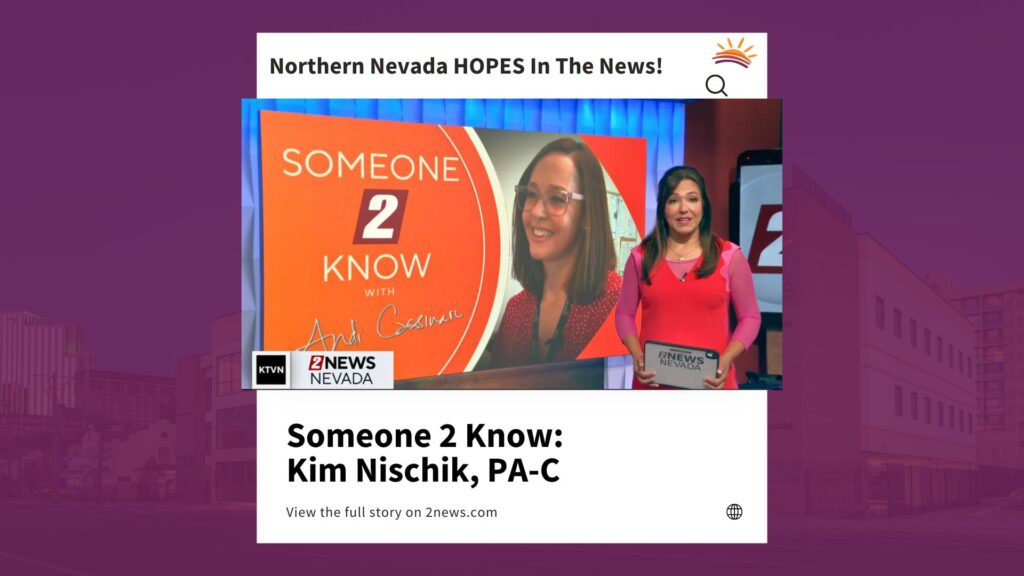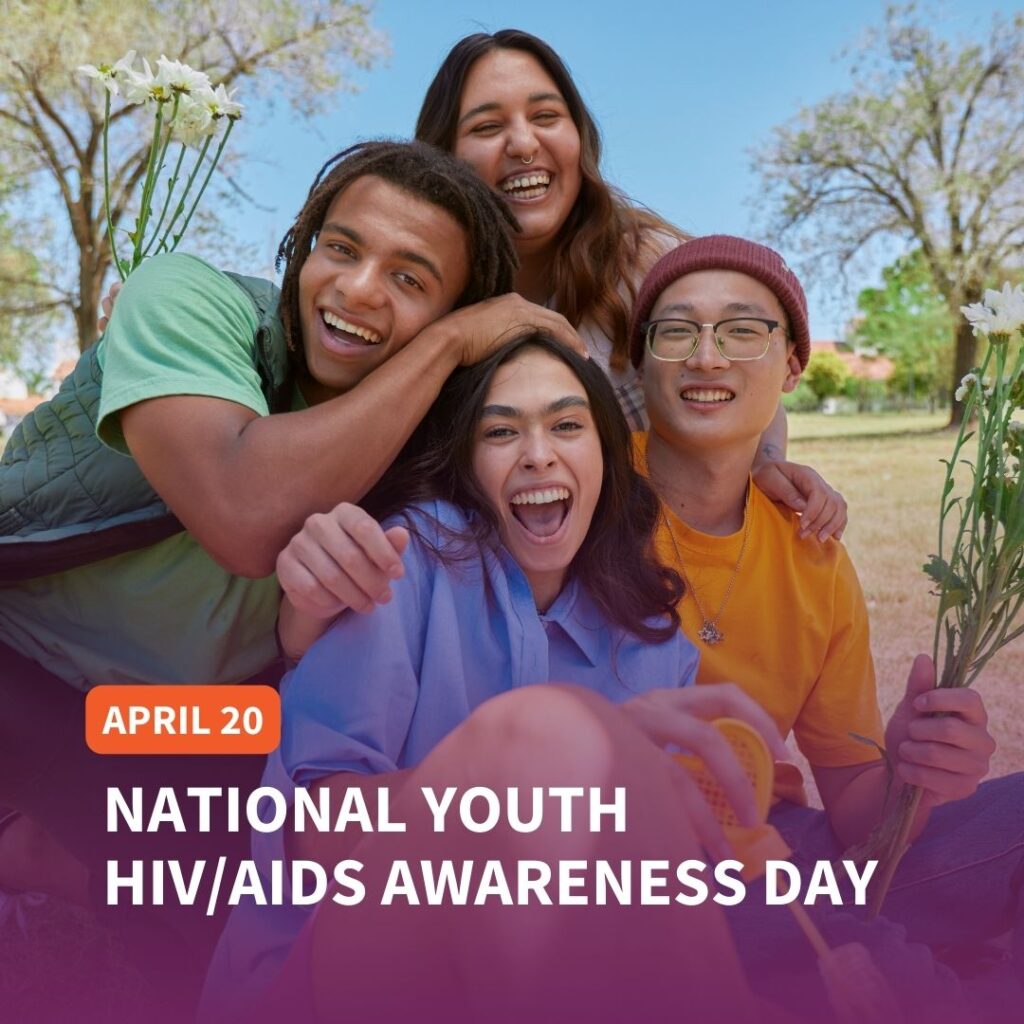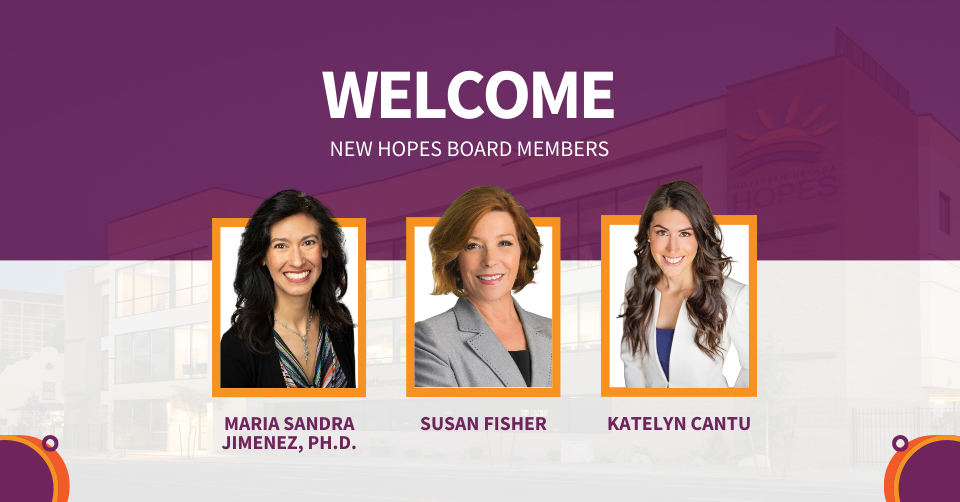The Northern Nevada Alliance for Health and Justice (NNAHJ) is a medical-legal partnership (MLP) between Northern Nevada HOPES and Washoe Legal Services. The program provides civil legal assistance to HOPES patients to address legal needs that impact health. The program also conducts legal classes open to the public on topics such as criminal record sealing and housing issues. And, NNAHJ gives internal trainings so HOPES staff can recognize opportunities for legal aid that can improve patients’ lives.
Such cases the NNAHJ could get involved in might be helping a diabetic patient who is having difficulties paying their electricity bills and getting their power turned back on so they can refrigerate their insulin. The program might also help an individual get a restraining order against an abusive spouse.
The NNAHJ is celebrating its first-year anniversary, so we talked with the two program leads about how the Alliance for Health and Justice has progressed since it started. Allison Cladianos, Community Health Worker, and MLP Attorney, Rita Greggio, talked about the challenges of starting an MLP from scratch, successes of the program and how it will grow in the future.
Where does a medical-legal partnership fit into HOPES and other legal practices?
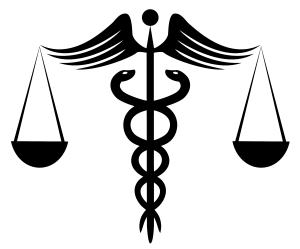 Allison: Medical-legal partnerships are a relatively new practice in medicine and law. They address health-harming legal problems among the population. What’s very innovative about this program is the fact that it is bringing legal resources to a place that people already frequent and they are already, hopefully, comfortable in. So, if they are going to the health clinic regularly they are also able to access an attorney at the clinic.
Allison: Medical-legal partnerships are a relatively new practice in medicine and law. They address health-harming legal problems among the population. What’s very innovative about this program is the fact that it is bringing legal resources to a place that people already frequent and they are already, hopefully, comfortable in. So, if they are going to the health clinic regularly they are also able to access an attorney at the clinic.
Rita: One of the reasons that MLPs have become popular and are seen as a positive force is because they addresses the social determinants of health. The idea is that your health is not solely determined by age, gender, or race but there are social components to health as well. So one of the very significant social components of health is what we are talking about here: legal issues. Legal issues that could have potential health-harming effects. And so that is what we really try to address.
So, the idea is we help someone with their legal issue and by doing so we remove something that is negatively impacting their health, therefore, leading to better patient health overall. Having the legal assistance here at the clinic removes one of the barriers that people have to accessing legal assistance, and the overall aim is to create better patient outcomes.
What are the benefits of having legal assistance at a clinic such as HOPES?
Rita: I can’t tell you how many times someone has a problem that they don’t even realize is a legal problem. Say I’m having this issue with a payday loan lender and they are coming after me but I don’t know what to do. They might not even know that a lawyer can help them with that issue. That’s something that affects their income, their ability to buy healthy food or their ability to work. That’s why the MLP has all these educational clinics to better inform HOPES staff to spot the legal issues so we can really help people
What kind of cases has the MLP typically seen?
Rita: So, the cases are incredibly varied, but the big issues that come up are custody and child support cases, divorce, family law kind of issues as well as housing, particularly right now. The housing situation in Reno is nuts. Rent hikes, evictions all those types of things, we do see a lot of that.
One of the things that I do here which is near and dear to my heart is sealing records. People with records have a hard time getting housing and jobs. Nevada does have such broad and wonderful record sealing laws, so people who have really changed their lives can put their past behind them and not face those huge barriers to creating a productive life.
What have been some successes of the MLP?
Rita: So many. If you just look at our numbers this year, we have talked with a total of 152 clients.
We’ve helped 11 people avoid eviction. That’s huge, right? People who might have literally been out on the streets and homeless. We have helped people get TPO’s (Temporary Protection Order), which is normally in the context of domestic violence. It’s an order where an abuser has to stay away from his victim. Even if we look at the two that we have done, that’s two women we helped get protection from their abusers. I say women because it is almost always women.
We’ve advised 67 clients on their legal issues. I think we have had a lot of successes, some cases where we were able to help individuals in a very specific way.
Allison: My favorite part about this program is that it’s a three-pronged approach to legal issues: here we have the direct legal services available, we provide resources on campus but we also have the education component not only is for internal staff here at Northern Nevada HOPES but we also have external education components. So, we are able to reach a lot more people than with just one-on-one direct legal advisement through providing those education clinics.
What have been some of the challenges to getting the MLP off the ground?
Allison: Being the first medical-legal partnership in Nevada, it was just kind of a free-for-all from the beginning in the sense that we didn’t really have any other programs to model ourselves after. We had to reach out to people across the country in order to do that. Fortunately, the National Center for Medical-Legal Partnerships is an excellent resource.
In the startup phases, the biggest challenge was just how are we going to say that this legal intervention actually improved a person’s health and how can we show that over time? It’s still hard and unfortunately, when we talk with other medical-legal partnerships this is something everybody struggles with across the board.
Rita: How you say this legal intervention helped someone over time, scientifically? We can say it anecdotally, like oh “The client called us back and he’s not stressed anymore.” That is wonderful, but how do you quantify it? It seems a challenge across the board for MLPs and a lot of different programs have developed their own measures that they use for their own reporting.
How do you see the medical-legal partnership growing in the future?
Allison: We are starting the second year of the program. Now that we know what the program is, how it functions internally and is becoming more well-known among HOPES staff and patients, I think we are going to spend the next year focusing on educational clinics.
Already in the month of April we have quite a few internal trainings coming up. Rita and I have been working on planning out the educational clinics for the rest of the year. We’re just trying to figure out where the people are in the community who would really benefit from the medical-legal partnership program that don’t have access to our program.
The NNAHJ was funded as a two-year pilot program with the option of a third year through the same funder. But hopefully, with this data, we will be able to prove that this program is not only worthwhile but necessary, and continue this partnership indefinitely.
